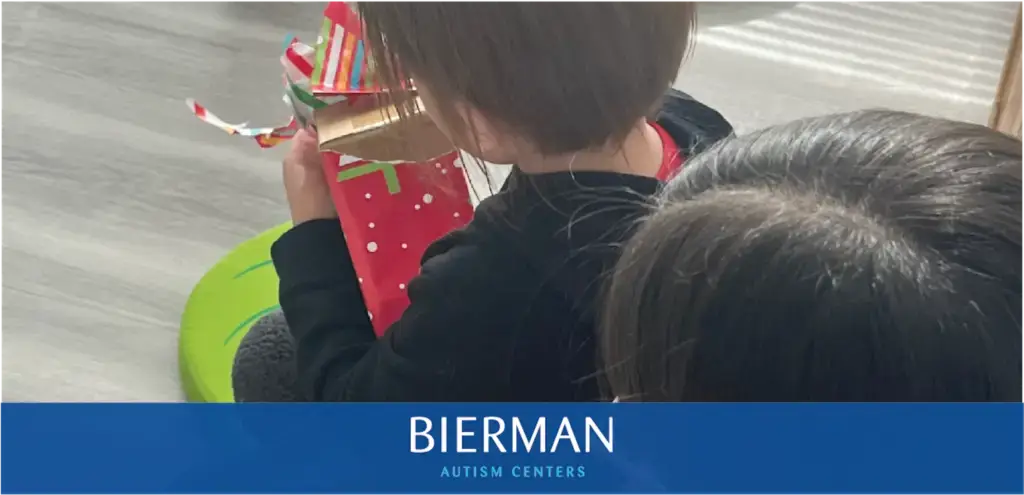Early detection of autism is essential. As soon as a diagnosis is made, families should be provided with accurate, up-to-date information about science-based intervention options. Once a diagnosis is obtained, precious months are often wasted as families negotiate the maze of intervention alternatives. It is important for doctors to direct families to services that are research-based and proven to be effective. Unfortunately, many fad treatments are also available and claim to be beneficial to children with autism but have no research actually to support their effectiveness. In fact, some of these therapies can actually cause more harm than good. Here are some key things to look for when selecting an early intervention program.
- There should be plenty of research supporting the effectiveness of the intervention. Claims and parent testimonials alone do not qualify as research.
- Therapy should be “data-driven” to monitor progress and see if an intervention is working.
- The National Research Council (2001) published recommendations for educating children with autism. They recommend that a child receive intensive behavioral intervention for a minimum of 25 hours per week in a low student-teacher ratio, focusing on a variety of functional skills and targeting decreasing challenging behaviors.
- Parents should be involved in their child’s treatment and receive appropriate parent training.
- Staff should be well-trained, and the intervention should be directed by a qualified and experienced professional.
- Pick a provider who has a good reputation within your community.
Early intervention services are available for children under the age of 3. Research indicates that the earlier the child gains access to quality behavioral treatment, the more likely they are to have a better long-term outcome. Check out the latest findings and summaries from the National Autism Center to compare the effectiveness of different treatments for autism.
Founded in 2006, Bierman Autism Centers is a place where kids as young as 18 months to 9 years of age engage in play to learn foundational skills they can build on, such as self-advocacy and communication. They recognize that every kid’s success is unique, and their one-on-one approach allows them to drive progress and measurable outcomes while each child is advancing on their own terms.
With over 200 graduations, Bierman currently has centers and is expanding in: Arizona, Indiana, Massachusetts, North Carolina, New Jersey, Ohio and Rhode Island. For more about Bierman Autism Centers, visit www.biermanautism.com or contact 800-931-8113



